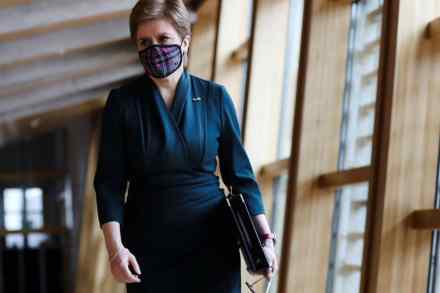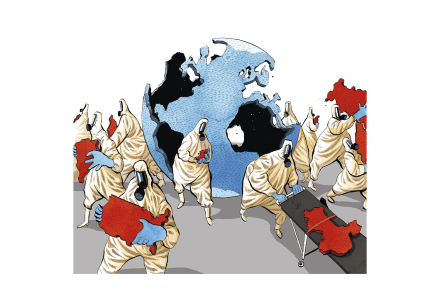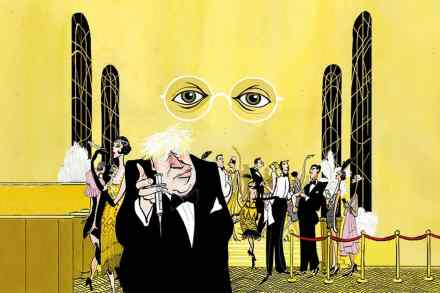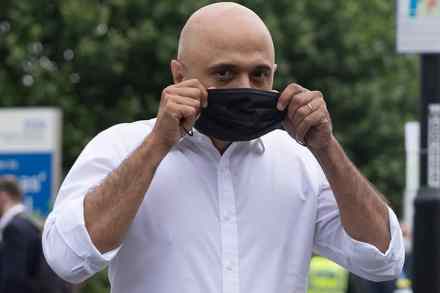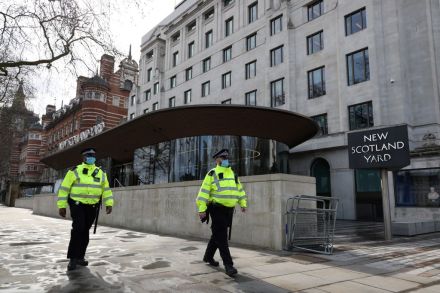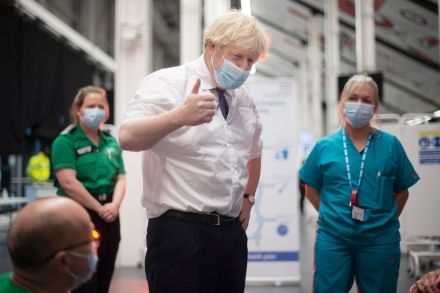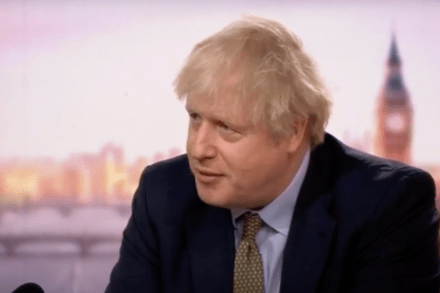Will Nicola Sturgeon’s mask restrictions have any effect?
As England axes the last of its Covid regulations, Nicola Sturgeon is extending Scotland’s – saying that mask wearing in shops, on buses, trains and taxis will be continued ‘for a further short period’. You can see why. Cases are surging and Scottish hospitals have more Covid patients than at any point during the winter. Weekly Covid-related deaths are 14 per cent higher than in England. But given that England didn’t bring in any additional Christmas restrictions and ended mask wearing at the end of January – and now has lower Covid cases than Scotland – it seems fair to ask: will Sturgeon’s measures actually help? When Omicron reached Britain’s
